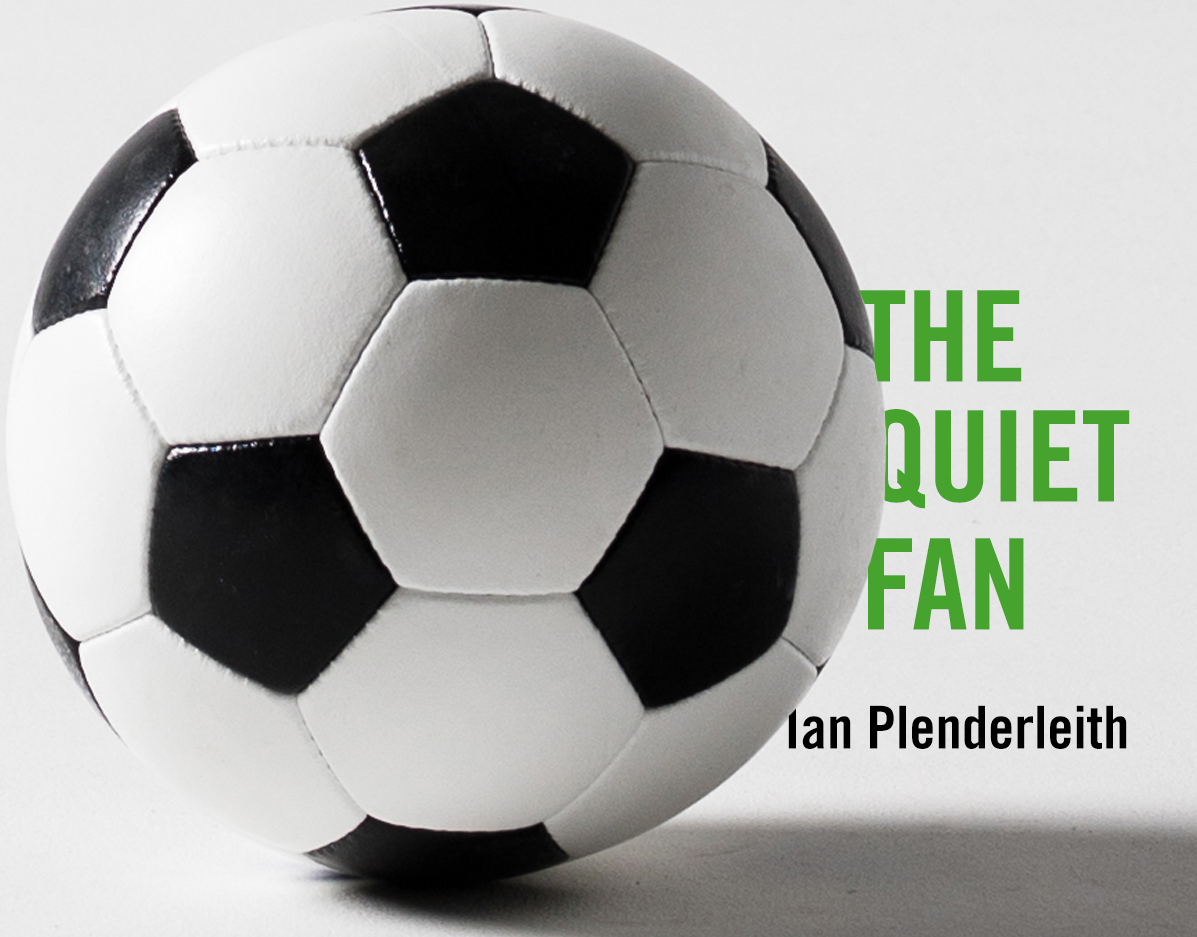I delivered the following paper at TU Dortmund University on July 13, 2018, as part of a two-day conference on the theme of 'Writing Football'
Nick Hornby once said in an interview words to the effect of, "Who needs football fiction when the game throws up so many of its own stories?" But that's like asking, "Who needs novels and movies when so much happens anyway in real life?" Sometimes a true story can be more effective when removed from the context of actual names and real events. Based on real events, but not enslaved by them. In this paper I want to look at three different ways that football narratives are presented through writing, and to argue that the most dynamic and engaging form of football writing is one that has yet to be properly exploited or appreciated - adult football fiction.
What we get, 1: True Stories morphing into Unreal Fiction. As Hornby remarked, every game throws up degrees of sporting drama. When the purely sporting side of football is converted into fiction, it quickly tends towards a banal recreation of events that are much more exciting in reality - in that sense, his initial quote is fair enough. These narratives focus on football's most obvious stories - goals, trophies, comebacks, mavericks, and so on. They are, however, inherently meaningless. Re-produced for fiction, they become regurgitated cliché. Decades of boys' comics and lame feature films re-tread a variation on the same story line - the sensational last-minute winner in the cup final scored by the (anti-)hero. The team of misfits, deviants and layabouts beaten into shape by an unlikely coach - ultra-hard but ultimately human - overcoming multiple obstacles, also to score a sensational last-minute winner in the cup final.
 This is football's escapist equivalent of romantic literature, full of the good, the evil and the triumph of the best and most deserving, but not necessarily reflecting the way that the majority of people experience the game or what it means to them. The truly exceptional real-life experiences that eventually make football rewarding for the patient, long-suffering fan or player are translated into the expected, trite normality in the realm of juvenile fiction. That is, the last-minute winner you may experience as a
This is football's escapist equivalent of romantic literature, full of the good, the evil and the triumph of the best and most deserving, but not necessarily reflecting the way that the majority of people experience the game or what it means to them. The truly exceptional real-life experiences that eventually make football rewarding for the patient, long-suffering fan or player are translated into the expected, trite normality in the realm of juvenile fiction. That is, the last-minute winner you may experience as a